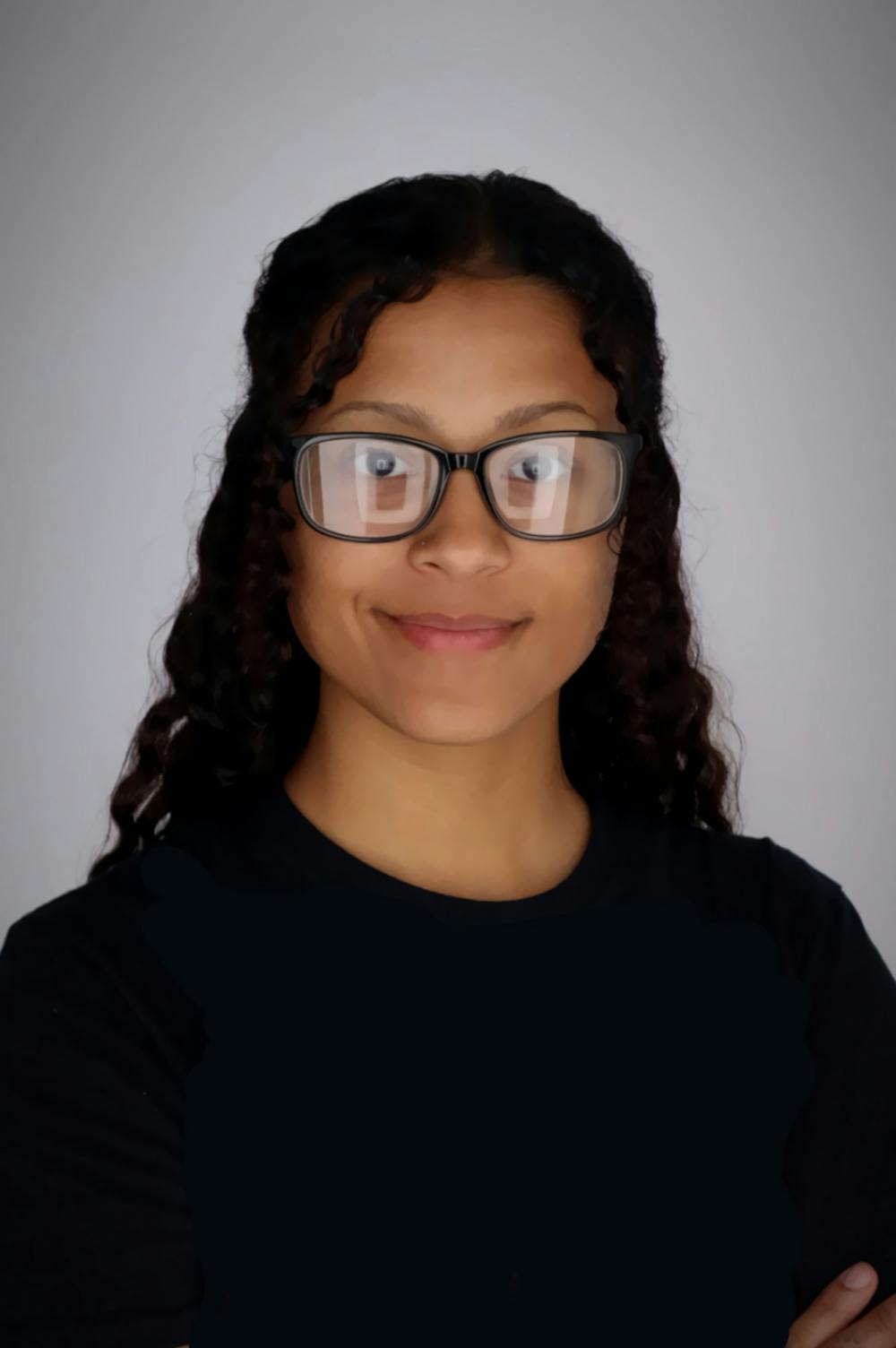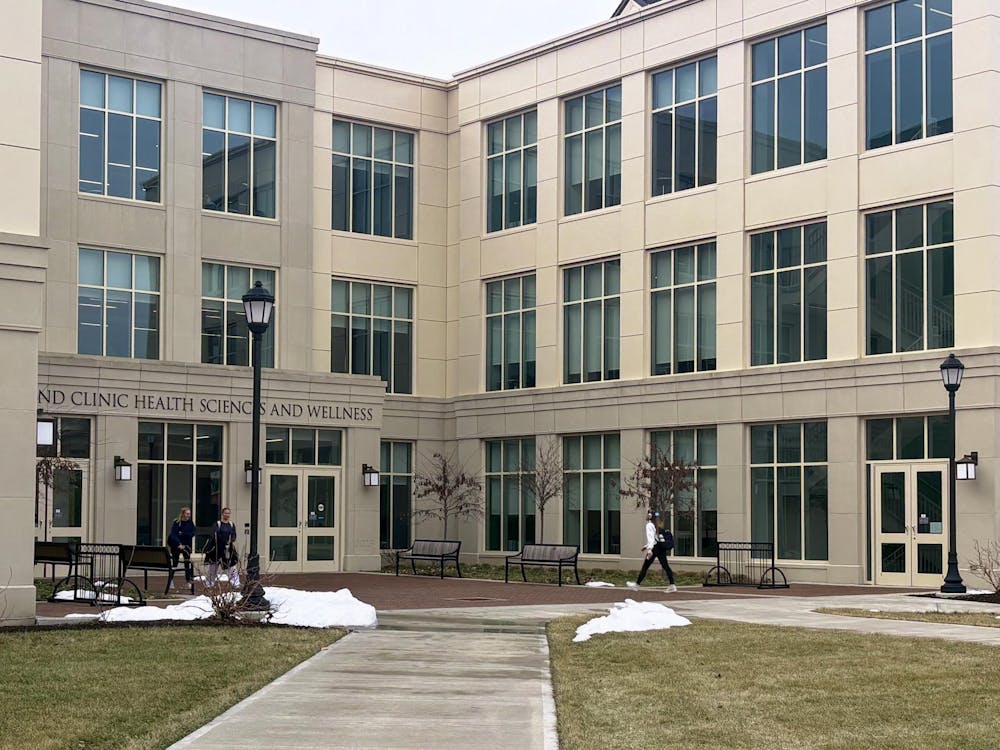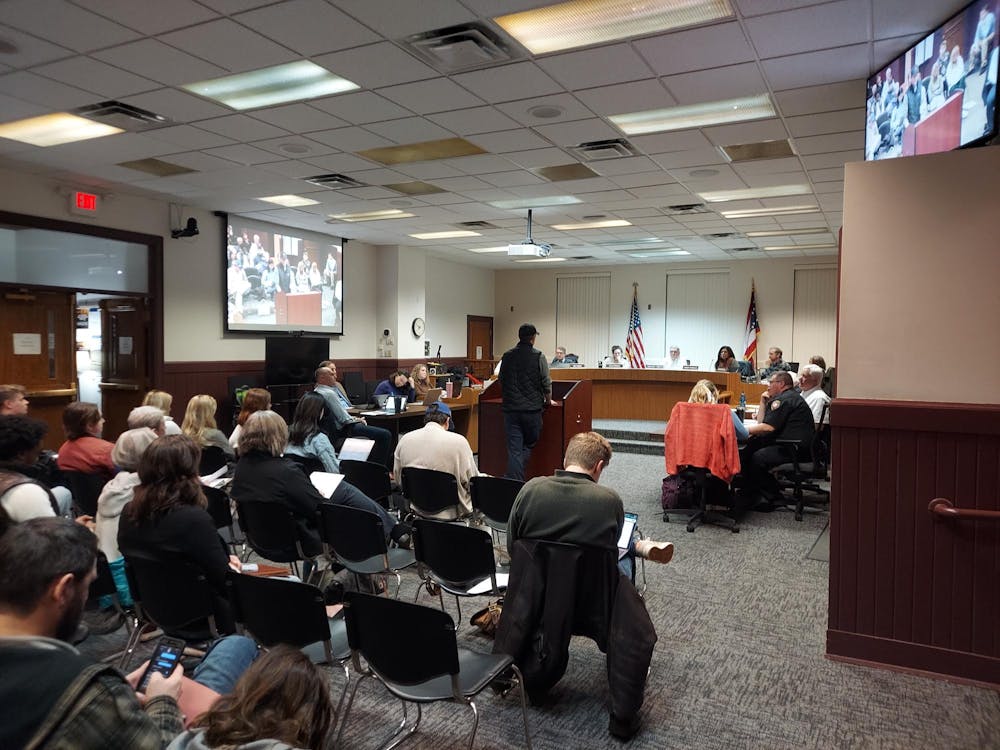For Aiyana White’s whole life, she knew one thing for certain: She would go to college. Throughout her academic career, she focused on getting the perfect grades, taking the hardest classes and perfecting her college application.
The one thing she failed to focus on, however, was what she would study.
She loved education and the human body. She wanted to be an OBGYN, a teacher and a social worker. She came to Miami University as a social work major but dropped it before orientation.
Unsure of what to major in, White was encouraged by her academic advisor to take Individualized Studies Seminar (WST 251).
“We read ‘The Road Not Taken,’ and we talked about making our own road, even though it seems like it’s not possible,” White said. “So that’s when I sat back, and I reflected.”
Because of her interests in reproductive health and teaching, White decided to study sex education. Miami didn’t offer that as a major, but White knew she could make it work through the university’s Western Center for Social Impact and Innovation.
“I was scared to have that much choice over what I wanted to do because it was all on me,” White said. “At that time, I’m 18. I’m just out of high school. I don’t know how to do anything myself.”
She decided to take another course in the individualized studies major, Interdisciplinary Inquiry (WST 231), with Jacqueline Daugherty, the director of the Center. White conducted a research project on the quality of sex education people had received in seventh through 12th grade with a focus on LGBTQ+ individuals. As a nationally certified sexuality educator, Daugherty was interested in White’s research.
“Still, four years later, it was one of the strongest projects I’ve had in that class,” Daugherty said.
After that course, White was confident that the Western program was for her.
“This [program] was the perfect place for me to find myself, be myself, do everything I wanted and have all the resources and assets that I needed to do so,” White said.
In the summer of her junior year, she earned a research fellowship through the Western program to research the impacts of period poverty and how it impacts individuals based on intersectional identities. She spent the summer working with Daugherty to gather period products and donated them to the Talawanda Oxford Pantry & Social Services (TOPSS) and the Miami Valley Immigrant Coalition in Dayton.
Enjoy what you're reading?
Signup for our newsletter
During her junior year, she continued this work and partnered with the Sexuality Education Study Center to collect menstrual products to put in academic buildings on campus.
Over the past four years, Daugherty said she has enjoyed watching White follow her passions, even if they don’t fall under an offered major at Miami.
“She was always good at asking questions,” Daugherty said, “but I think part of the college experience as students mature is realizing that they always have more questions than answers, so watching her figure out what to do with the uncertainty innate in that field … is something I’ve really enjoyed.”
But White said learning to be comfortable with the unknown hasn’t been easy. If she could go back and give her first-year self one piece of advice, White said she would tell her to accept the uncertainty.
“Even though it feels so overwhelming and so scary and like it will never end, life goes on,” White said. “The most inevitable thing about life is [the] change from one state to another.”




